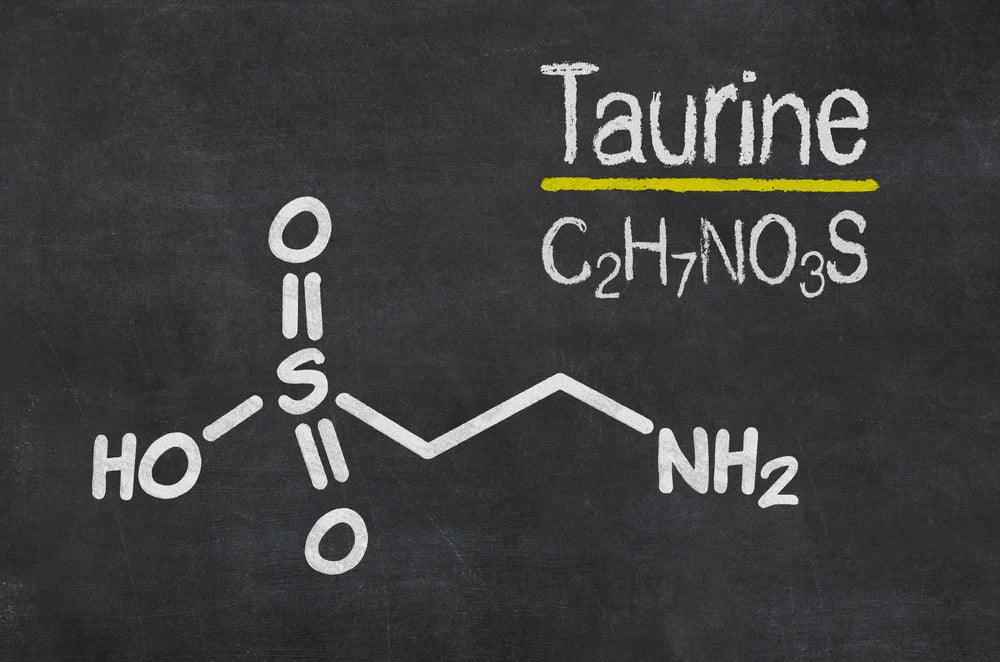Beta Glucan Fiber and the Impact on Digestive Health

You are probably at least vaguely aware that fiber is good for you. However, you may not be aware that not all fiber is the same. In fact, there are many different types of fiber. First of all, there are two main categories of dietary fiber: soluble (will dissolve in water) and insoluble (will not dissolve in water). Then, there are different kinds within each of these categories. Most foods contain both soluble and insoluble fiber but in varying amounts.
Beta-glucan falls in the “soluble” category of fiber. It is a form of fiber known to offer various valuable health benefits, such as protecting heart health and improving cholesterol levels. You can find beta-glucan in a range of food sources, including whole grains, oats, wheat, barley, and bran. It’s also available in supplement form, although the quality of the supplement is of the utmost importance if you want to get the most this impressive fiber has to offer.
Why do we need fiber?
You’ve probably heard that you should eat more fiber, but do you know why? Although it may be best known for helping to prevent constipation, it also provides a range of other benefits, such as reducing your risk of heart disease and diabetes and helping you maintain a healthy weight. Here are some of the reasons that a diet high in fiber is key to good overall health.
- Normalized bowel movements. Consuming enough dietary fiber can help soften stool and increase its bulk, making it easier to pass. Interestingly, upping your fiber intake can also help correct or prevent diarrhea because it absorbs water.
- Healthier cholesterol levels. Soluble fiber is known to reduce LDL cholesterol (the “bad” kind) by minimizing its absorption into your bloodstream. Adding fruit, oats, beans, and other high-fiber foods to your diet – as well as a high-quality fiber supplement – can move your cholesterol numbers closer to where you want them to be.
- Better blood sugar levels. If you have type 2 diabetes, you should unquestionably ensure that you fill up on fiber. It affects the way your body digests refined carbohydrates and helps prevent those blood sugar spikes.
- A healthy weight. Have you been struggling to lose a few pounds? Good news – simply adding more fiber to your diet can help you do it. Not only does fiber help you maintain a healthy weight for your height, but staying at a healthy weight, in turn, helps you prevent a whole range of weight-related diseases and conditions.
- A longer life. A high-fiber diet does more than helping you stay healthier now – it also increases the likelihood that you’ll live longer. People who consume the most fiber are significantly less likely to die than people who consume the least.
How beta-glucan works for digestive health
Your digestive system comprises your gastrointestinal tract, pancreas, liver, and gallbladder. This system is responsible for breaking down the foods and liquids you consume into essential chemical components, including proteins, carbohydrates, and fats. Your body can then absorb these components as nutrients and use them as energy to repair and build cells and support all your physical and mental functions. Understanding this, it’s easy to see why your digestive health is so important.
Beta-glucan plays a central role in digestive health as well as overall health. It benefits your digestive system in several ways:
- It is a soluble fiber. Soluble fiber is an essential part of every healthy human diet. It helps keep your digestive system running smoothly and helps prevent a host of diseases. When your digestive system is operating optimally, you feel better, too.
- It helps slow digestion. Because beta-glucan is a soluble fiber, it slows down the speed with which food moves through the intestines. That means that the body doesn’t digest food or absorb sugar as quickly, keeping blood sugar levels stable.
- It lowers cholesterol. Beta-glucan’s ability to lower cholesterol levels is important for digestive health. That’s because too much cholesterol harms the digestive system, contributing to the formation of hard stones in the gallbladder.
- It helps control insulin response and blood glucose levels. One of the vital benefits of beta-glucan is that it can help stabilize blood sugar levels. That may mean it can help people with diabetes and help prevent the development of diabetes in the first place.
Does beta-glucan cause gas?
Any time you increase your fiber intake, it’s possible that you could experience gas and bloating temporarily as your body adjusts. This side effect is normal and expected (although not everyone is so “lucky”). One way to prevent gas from becoming a problem is to increase your fiber intake gradually. This approach allows your body to get used to processing more fiber a little at a time, rather than suddenly inundating your system with much more than it’s used to.
Also, keep in mind that foods containing soluble fiber (such as beans, fruit, and oats) tend to be more likely to cause gas than foods with insoluble fiber (such as vegetables and whole grains). Work on increasing your fiber intake slowly until you hit your target. Once you are consuming lots of fiber daily, your body is likely to adjust just fine, and you probably won’t have ongoing gas issues. Exercising and drinking plenty of water can also help.
Is beta-glucan a prebiotic or a probiotic?
Beta-glucan is thought to have prebiotic properties. While studies are ongoing to learn more about this potential new prebiotic, there is a growing body of evidence suggesting that it does have abilities, such as stimulating beneficial bacteria, improving viability and colonization of probiotic microorganisms, and increased numbers of bifidobacteria and lactobacillus.
Many gastrointestinal problems are caused by an imbalance of “good” and “bad” bacteria in the digestive tract. It’s important to maintain high levels of good bacteria (your gut flora or microbiota). These good bacteria are essential for numerous reasons, including fighting inflammation and preventing infections.
Prebiotics and probiotics each play an essential role in your gut health.
- Prebiotics: Special plant fibers that act as food for good bacteria, stimulating growth and reproduction of the existing good bacteria in your digestive tract.
- Probiotics: Live strains of bacteria that increase the population of good bacteria in your digestive tract.
Simply put, probiotics add more good bacteria to your gut while prebiotics nourishes them.
Whatever your reasons for wanting to add beta-glucan to your daily diet, it’s essential that you find it in high-quality sources. Fresh, natural, whole foods that contain beta-glucan are the ideal delivery system for this impressive nutrient. However, many people can’t always find the time or motivation to prepare and eat a perfect diet.
The good news is that you can get the same beta-glucan in an easy-to-take supplement: Glucan85Plus by Haka Life Nutrition. This well-sourced supplement contains all the beta-glucan you want with no added chemicals or fillers. Better yet, it also contains some healthy extras, including vitamin C, zinc, elderberry, magnesium, echinacea, and vitamin D3. Glucan85Plus by Haka Life Nutrition is an easy, affordable, and natural way to introduce beneficial beta-glucan into your diet daily.










